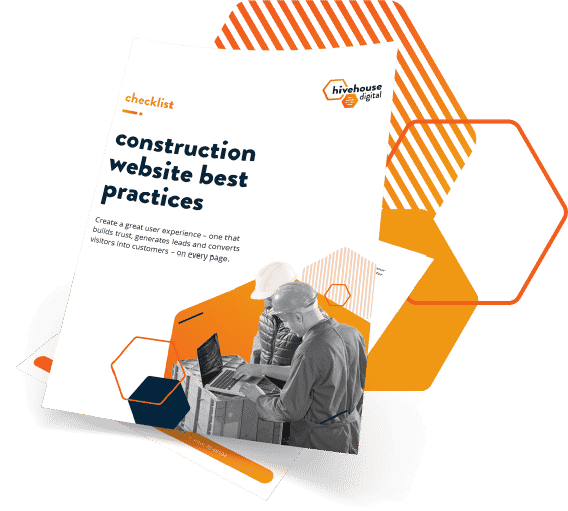
Before you can determine the inbound tactics to execute, you need to understand who your ideal customer is in order to build campaigns to attract them. While you were creating your ideal customer profile and buyer personas did you stop to consider that some of your customers may have a disability? And that their disability affects how they interact with your digital and inbound marketing offers?
For example, consider a website visitor (and potential buyer) who has a hearing impairment. If that amazing product demo video you just spent $10,000 on isn’t closed captioned, you’ve just lost a sale.
Why Make Digital Marketing Accessible?
Reason 1: It’s The Right Thing To Do
At the basic level, ensuring that your marketing is accessible to everyone will help spread your message to the widest possible audience. More importantly, accessible marketing removes any barriers your prospects and customers may have to experiencing your digital content. If you put in the extra effort to make your marketing accessible, you will foster a greater sense of customer loyalty among people who would otherwise not have been able to access your content.
Reason 2: It’s The Legal Thing To Do
There are a number of standards, laws, and regulations in place to make sure businesses and organizations who interact with the public adhere to accessibility guidelines. If you are not compliant, it’s entirely possible that you could face legal action. Looking at it solely from a financial and public relations perspective, what’s more damaging to your business – spending some extra effort up front to make sure your marketing is accessible, or paying for lawsuits, fines, and a damaged public image?
Reason 3: It’s The “SEO” Thing To Do
When you focus on creating clear and accessible content, a pleasant side effect is that you also make your online content more accessible to online search engines, which helps indexing and SEO. When you think about it, Google is the largest blind user of the Internet; its crawlers only “see” the information contained in your web page’s HTML code. Ensuring that your page contains proper markup, such as headings, meta-descriptions, and alt-tags, allows Google to properly see your content for indexing. Helping Google do its job indexing your online content can boost your search rankings.
Before you finalize your digital or inbound marketing strategy, take a step back and look at your plan through the perspective of a person with a physical or cognitive disability, and ask yourself a few questions:
- Is the contrast in your color scheme enough to make it readable for someone with a visual impairment?
- Does the amazing video you just posted on YouTube have closed captions?
- What about the pictures on your blog? Did you remember to use alt tags?
These three reasons and examples are just the tip of the iceberg. Throughout the rest of our series, we will be covering additional topics and releasing free content offers to emphasize the importance of accessible marketing as part of your overall marketing strategy.
Get the latest news
Blog Topics
- Analytics
- Branding & Identity
- Budget
- Construction
- Content Marketing
- Conversion Rate Optimization
- Email Marketing
- HubSpot
- Inbound Marketing
- Lead Generation
- Marketing Strategy
- News/Events
- Paid Search & PPC
- Recruiting
- Sales & Marketing
- Sales Enablement
- Search Engine Marketing
- Search Engine Optimization
- Social Media
- Thought Leadership
- Uncategorized
- Usability
- Video Marketing
- Web Hosting
- Website Design
